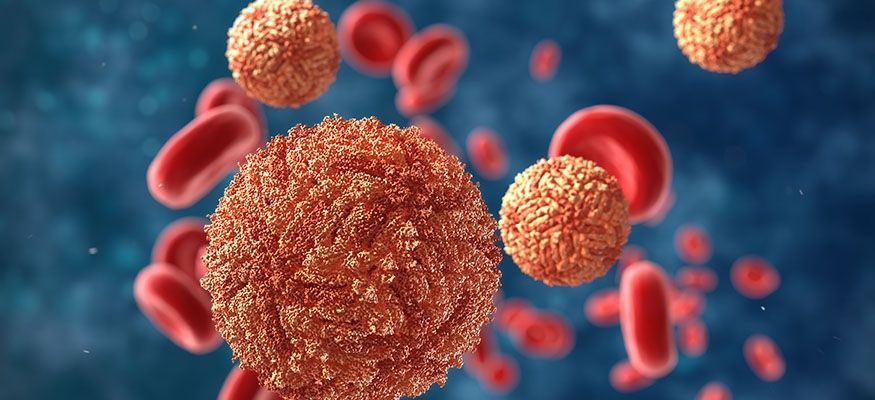
Overview
Infectious disease physicians treat conditions caused by microorganizms including viruses, bacteria, fungi, and parasites. We see common infections such as influenza, pneumonia, and urinary tract infections, as well as more unusual illnesses--bone and joint infections, West Nile virus, and Lyme disease, among many others. The Division of Infectious Diseases educates fellows, residents, and medical students at GW SMHS, and conducts research in many areas.
Division Information
- Patient Care Services
-
The patient care activities of the Division of Infectious Diseases include both outpatient and inpatient activities at three hospitals. Fellows rotate through the George Washington University Hospital, the Washington Veterans Affairs Medical Center, and the Clinical Center at the National Institutes of Health. The various consultative services provide fellows with the opportunity to actively participate in evaluating and treating patients with a variety of infectious diseases. Consultative services are provided to the medical, surgical, and subspecialty surgical services as well as the obstetrics and gynecology service at GWUH. The consultation team consists of an attending physician, one or two fellows, one or two medical residents, and two or three medical students. In addition to inpatient services, fellows, residents and faculty maintain an active daily outpatient clinic. The outpatient Travelers’ Clinic offers counseling and immunizations for travelers.
- Fellowship & Research
-
The division offers a two-year fellowship training program in infectious disease, with an option for an additional year of research. The two-year program consists of 13 to 14 months of clinical experience, including basic training in epidemiology and microbiology, and 10 to 11 months of research. Areas of research range from basic bench research to epidemiologic investigations. Fellows can choose subspecialty electives in such areas as pediatric infectious diseases, geographic medicine, and trauma. Each fellow selects a faculty member who serves as a research preceptor and helps the fellow to develop his or her research project. Faculty research interests include clinical and basic science aspects of HIV infection, the role of cytokines in disease progression, metabolic complications of anti-retroviral therapy, role of statins in infectious disease, new antiretroviral agents and new approaches to the treatment of opportunistic infections, septic shock, staphylococcal infections, phagocyte function, anaerobic infections, pathogenesis of intestinal protozoal infections, tuberculosis, antibiotic resistance and clinical trials.
Meet Our Faculty Explore Our Fellowship
Directors

Division Director:
Marc Siegel, MD

Fellowship Program Director:
Afsoon Roberts, MD
For Patient Care information or inquiries, please visit the GW Medical Faculty Associates.